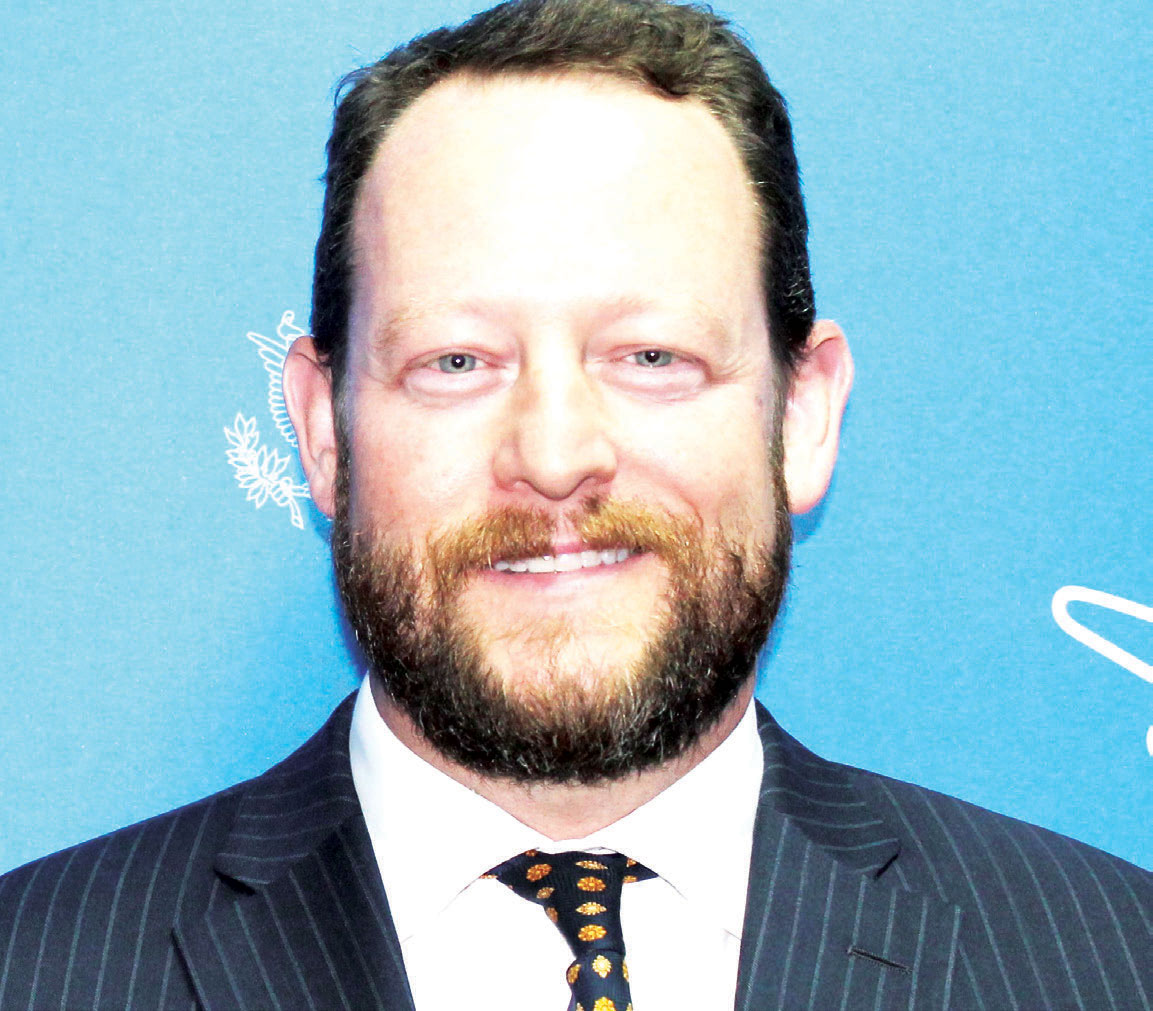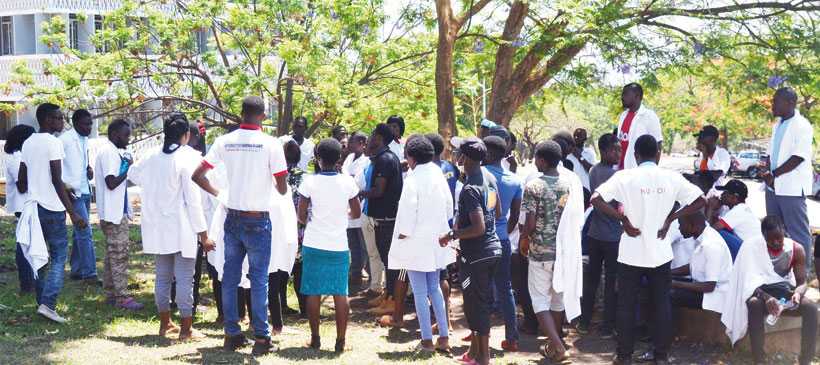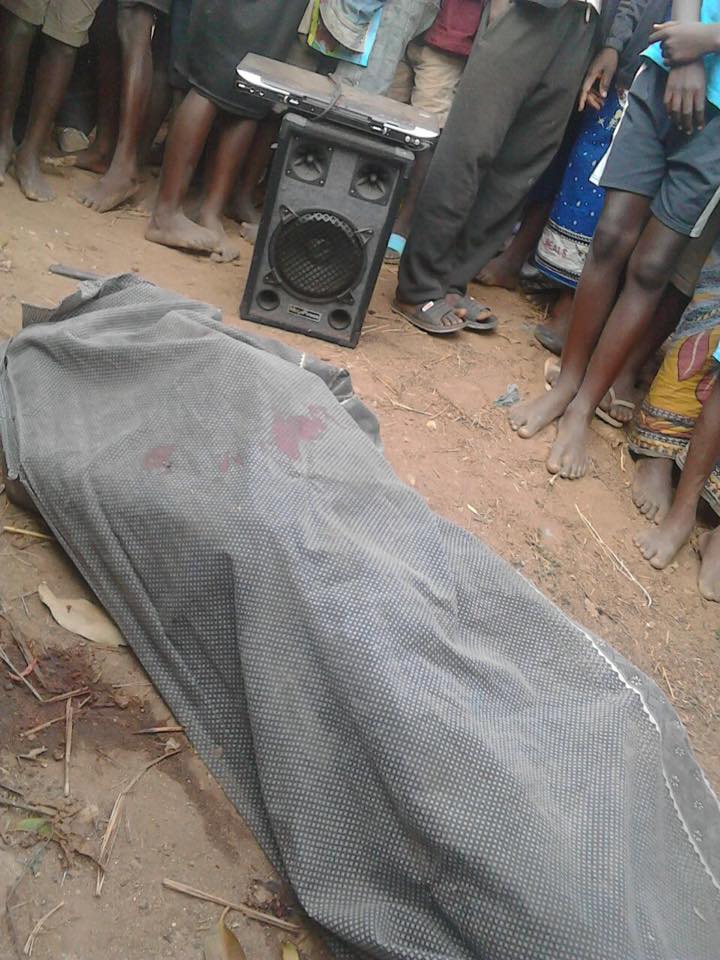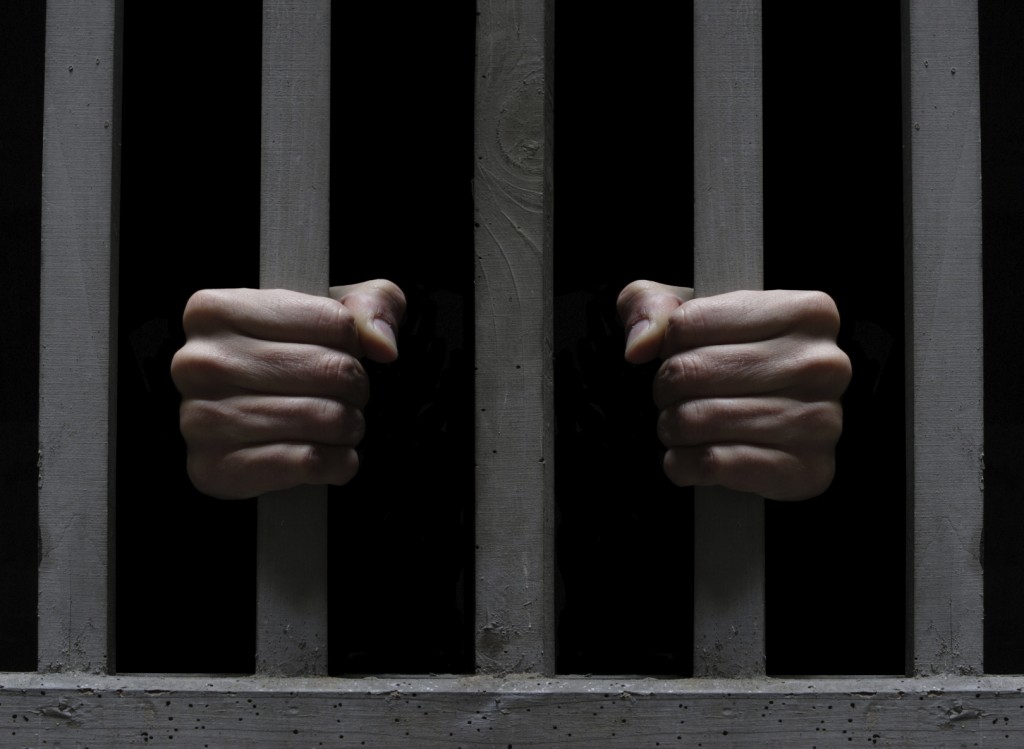This follows a visit by a high-level American Customs and Border Protection (CBP) delegation to Malawi to discuss the Withhold and Release Order (WRO) in the first week of February, 2020.
US Embassy Public Affairs Officer, Douglas Johnston, said the order stands until the industry proves otherwise on forced and child labour.
“The WRO is still in effect and will remain in effect until Malawi can demonstrably prove the absence of forced labour, including child labor, in its tobacco supply chain. In the meantime, individual tobacco importers can apply for waivers by proving their individual supply chains are free of forced labor,” Johnson said.
Minister of Agriculture, Francis Kasaila, said the government is still engaging US counterparts on the order.
“We are talking to them, there are issues that they have raised, they were in the country a few months ago to see what efforts we have made and I am hoping that during this marketing season they will appreciate how much buyers are offering growers.
“At an appropriate time for sure a decision will be made whether to lift the order or have a mechanism on verifying the issues they have raised. The critical issue we have to address is the claim that there is forced labour and child labour,” Kasaila said.
On November 1, 2019, the CBP announced the order stressing that such products will be detained at all US ports of entry.
According to CBP’s press release issued at the time, the WRO was based on information collected by the agency that reasonably indicates the tobacco from Malawi is produced using forced labor and forced child labor.
This means that importers of such products will be required to offer proof that their tobacco and tobacco-containing products do not include tobacco from Malawi that was produced with labor prohibited under US law.




